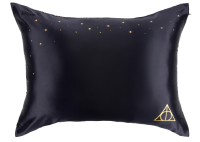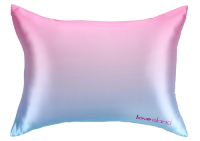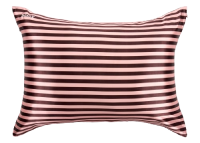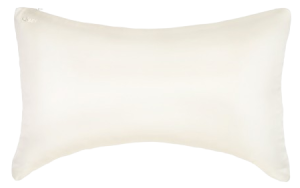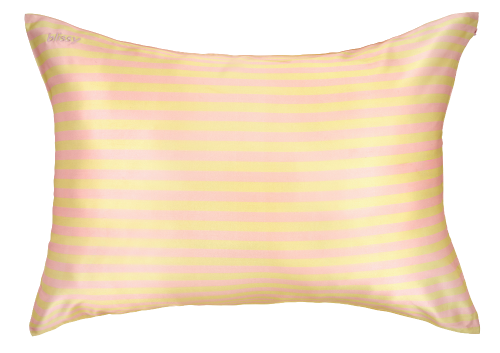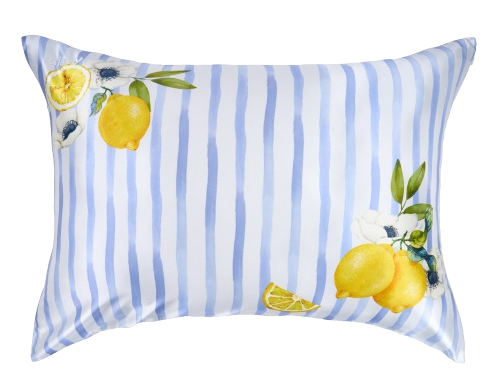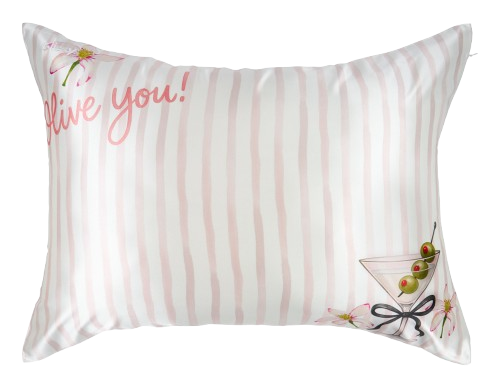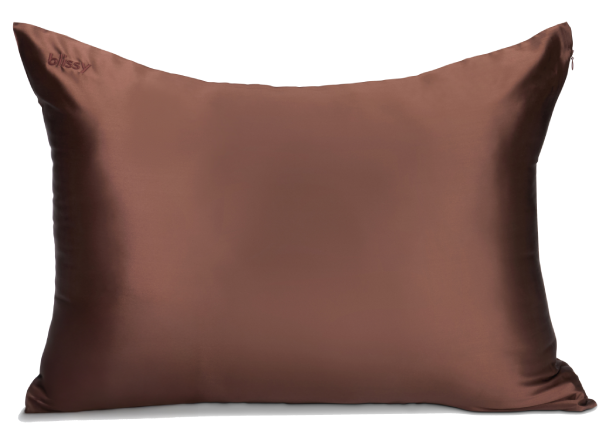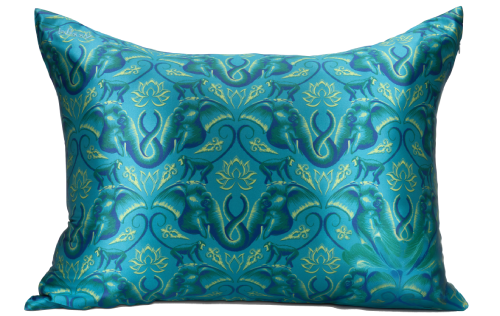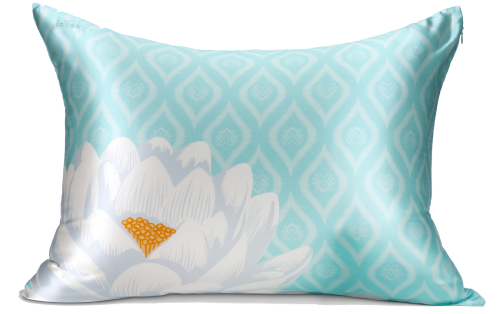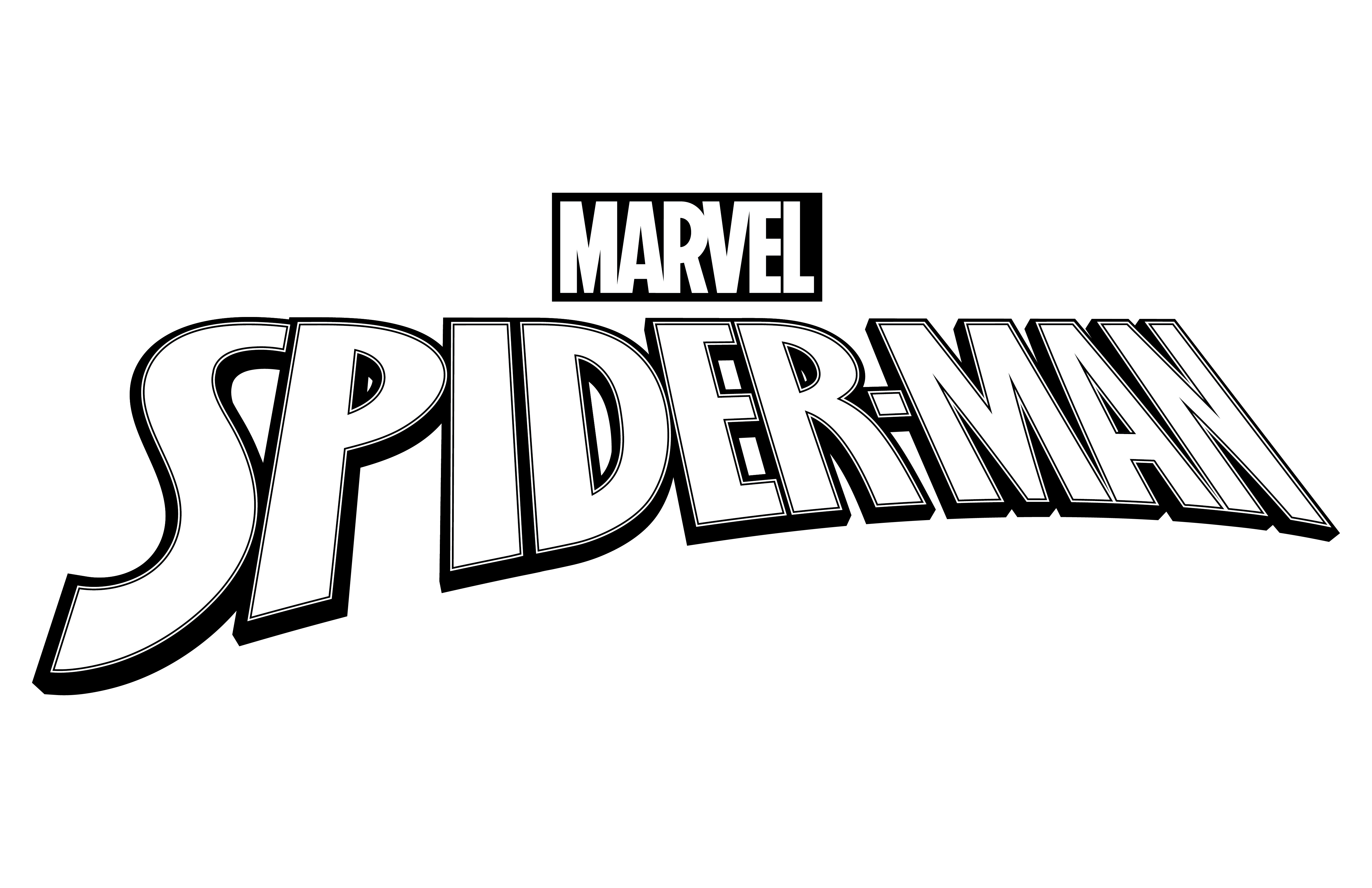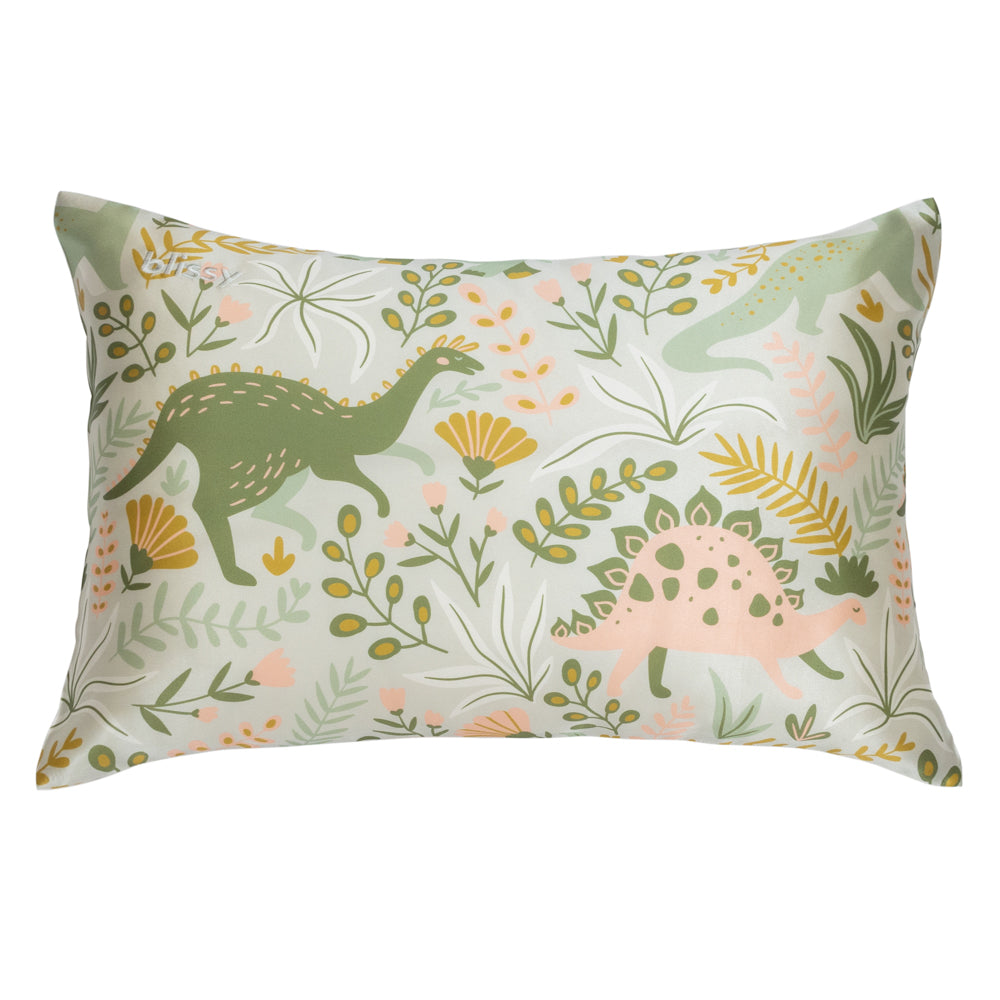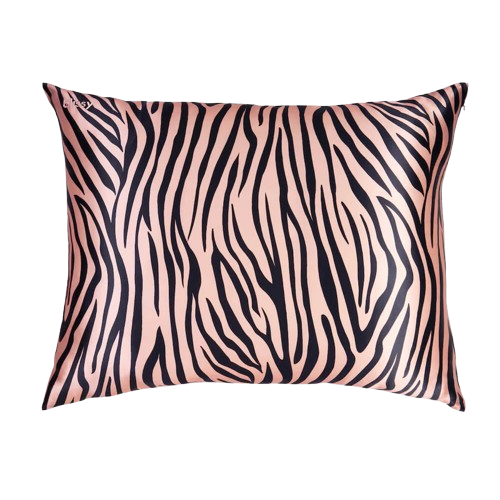The fashion industry has created a demand for trendy, off-the-runway designs by offering them at an extremely low price—but at a high environmental cost.
Your top might be cute (at least for the current season) and budget-friendly. But it may contain toxic dyes or chemicals from the manufacturing process. Not only can it hurt your health, but it can be harmful to the environment, including to marine life and animal welfare.

Popular textile industry fabrics include polyester, cotton, mulberry silk, hemp, linen, nylon, rayon, and more. Keep reading to learn which are eco-friendly fabrics and how to keep your environmental impact low when buying fabric goods.
What Are Sustainable Fabrics?
Most sustainable fabrics are made from eco-friendly raw materials and natural fibers. Environmental sustainability is a top priority in the production of these textiles.
Eco-friendly fabric is often made from high-quality, natural material that extends the clothing’s lifespan. It’s worth the investment, as they won’t need to be replaced for years. These eco-friendly fabrics are the perfect way to treat yourself while reducing your carbon footprint.
Sustainable fabrics also include biodegradable fabrics and recyclable fabrics. Both are generally made from natural fibers. Make sure to only purchase from brands that use non-toxic, environmentally friendly dyes.

Natural fiber
Natural fabrics are made from natural fibers and raw materials. Depending on the manufacturing process, most natural fabrics are fully biodegradable.
Quick tip: When natural fabrics are processed with toxic chemicals or dyes in the production process it can decrease the material’s biodegradability.
Biodegradable fabrics
The best eco-friendly fabrics are completely biodegradable. Your biodegradable t-shirts won't leave a trace when you’re done with them. But don’t worry about these fabrics not lasting while they're in service to you.
Silk is an eco-friendly fabric that’s both strong and biodegradable. It can last 10 years or more when cared for properly!
Recyclable fabrics
Recyclable fabrics are those that can be broken down and reused to make new clothes again. These fabrics can be made from natural fiber, such as recycled cotton, but are sometimes made from plastic-based fabrics.
One such example is recycled polyester. Some say it's an eco-friendly fabric, since it uses recycled plastic waste. But every time recycled polyester is washed, tiny microplastics that harm marine life get washed into the ocean.

Quick tip: Even if your old clothing is not recyclable or made from a biodegradable fabric, make sure to donate it to save tons of waste!
Eco-Friendly Fabric
Here are some of the eco-friendly fabrics that are sustainably sourced. They are either fully biodegradable or very long-lasting (we’re talking luxury hand-me-downs).
Silk
Silk is the most luxurious eco-friendly fabric on the list. Silk is biodegradable, doesn’t require any harsh chemicals in the processing stage. This makes it the perfect fabric for sensitive skin.
Not only is it biodegradable and made from sustainable materials, but it’s long-lasting. Blissy mulberry silk products are OEKO-TEX certified and will last 10 years or more when cared for properly!

Quick tip: Caring for Blissy silk products is easy. Wash them in the machine on delicate!
Organic cotton
Organic cotton, as opposed to conventional cotton, is a great eco-friendly fabric choice. Recycled cotton saves further water and energy by breaking down and re-using cotton material instead of relying solely on organic cotton production and crop growth.
If natural dyes are used, this fully biodegradable fabric can also be composted.
Quick tip: Conventional cotton requires the use of some harmful chemicals during the production process. Organic cotton does not!
Organic hemp
Organic hemp plants grow well without the use of herbicides and have a low carbon footprint. It’s one of the most sustainable fabrics. It softens over time and is completely biodegradable.

Organic bamboo
Although untreated, organic bamboo is completely biodegradable and a fast-growing plant. Unfortunately, most bamboo fabrics are processed with toxic chemicals that make them softer.
But don’t fret! Bamboo can still be a great eco-friendly fabric to add to your collection. Look specifically for bamboo linen when purchasing organic bamboo products, as it’s processed mechanically.
Organic linen
Organic linen comes from the flax plant. It’s completely biodegradable, doesn’t contribute to microfiber pollution, has no need for chemical processing, and is the perfect material for a summer dress!
Look for an OEKO-TEX Standard 100 Label
Most sustainable fabrics in the fashion industry are certified by a governing body. To be certified under OEKO-TEX, the company must meet rigorous criteria. Every part of the product must be tested to prove its safety.

Fabrics to Avoid
Synthetic and semi-synthetic fabric is often harmful to the environment. Acrylic fabric is made from synthetic fiber and depend on fossil fuels. It doesn't biodegrade naturally either.
Non-sustainable fabrics such as rayon, nylon (even recycled nylon), and polyester, aren’t environmentally sustainable. They often contain chemicals that sustainable textiles don’t.
Although there are some advantages to synthetic fabrics, it’s best to look for a more sustainable alternative.

Recycled polyester
Although it’s made from post-consumer waste like plastic products, recycled polyester often contains toxic dyes and is extremely harmful to the environment. Even when recycled, they release the same chemicals as the initial manufacturing process used to create virgin polyester.
Plastic-based fabrics are some of the most popular fabrics but have worsened the microplastics in our water, which affect our health and ocean life.
Clean and Luxurious Silk
If you're looking for the most luxurious biodegradable fabric, choose silk! You can be glamorous and environmentally friendly with OEKO-TEX certified Blissy silk products such as our pillowcases, robes, hair accessories, and more.




